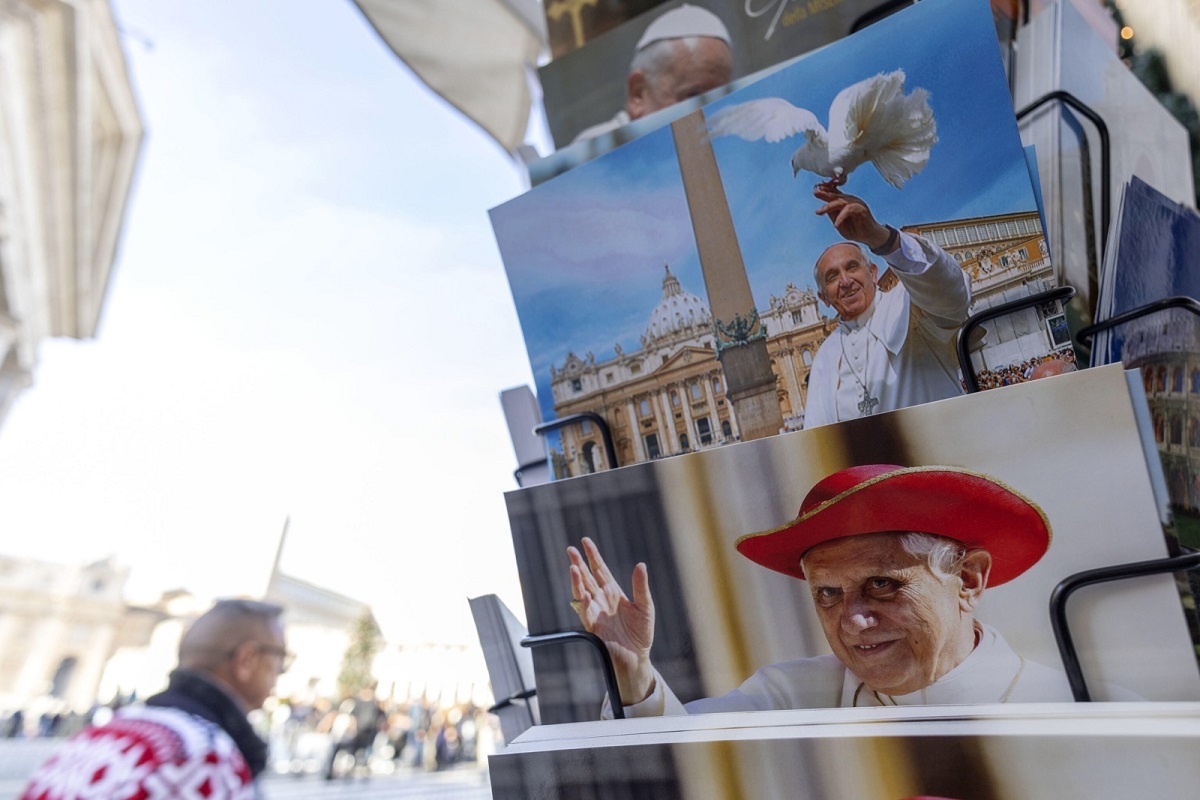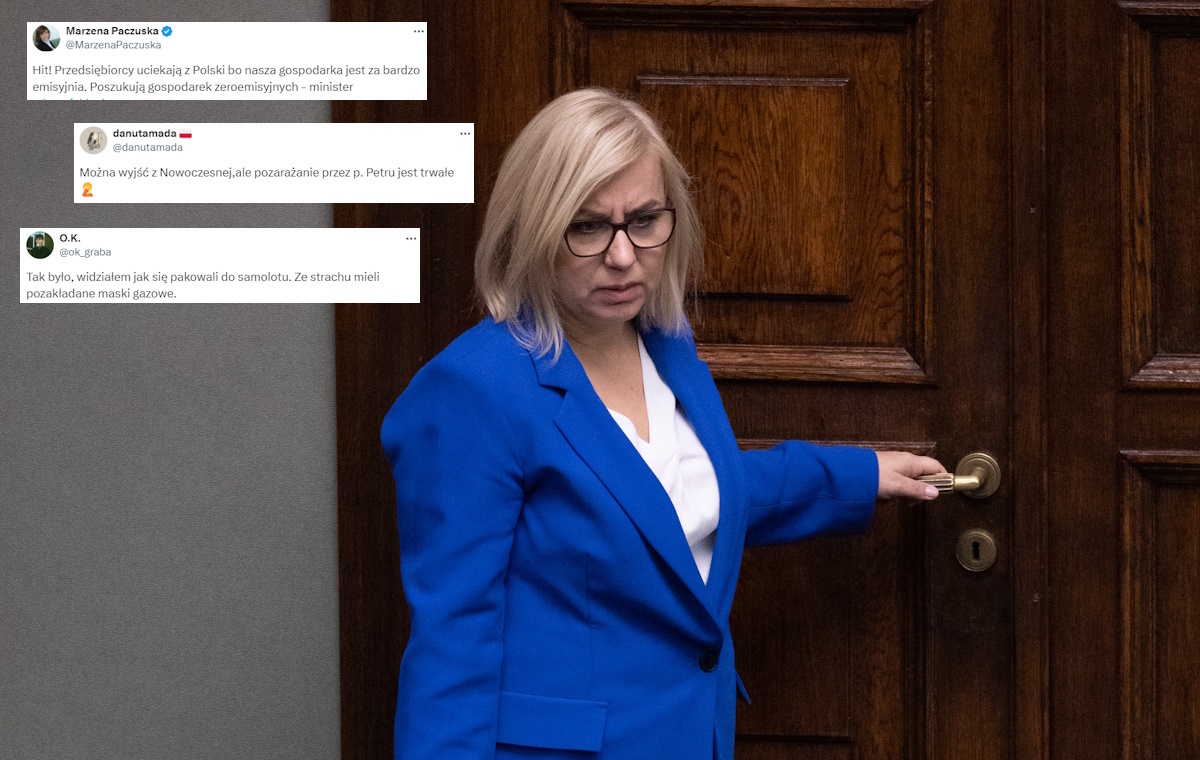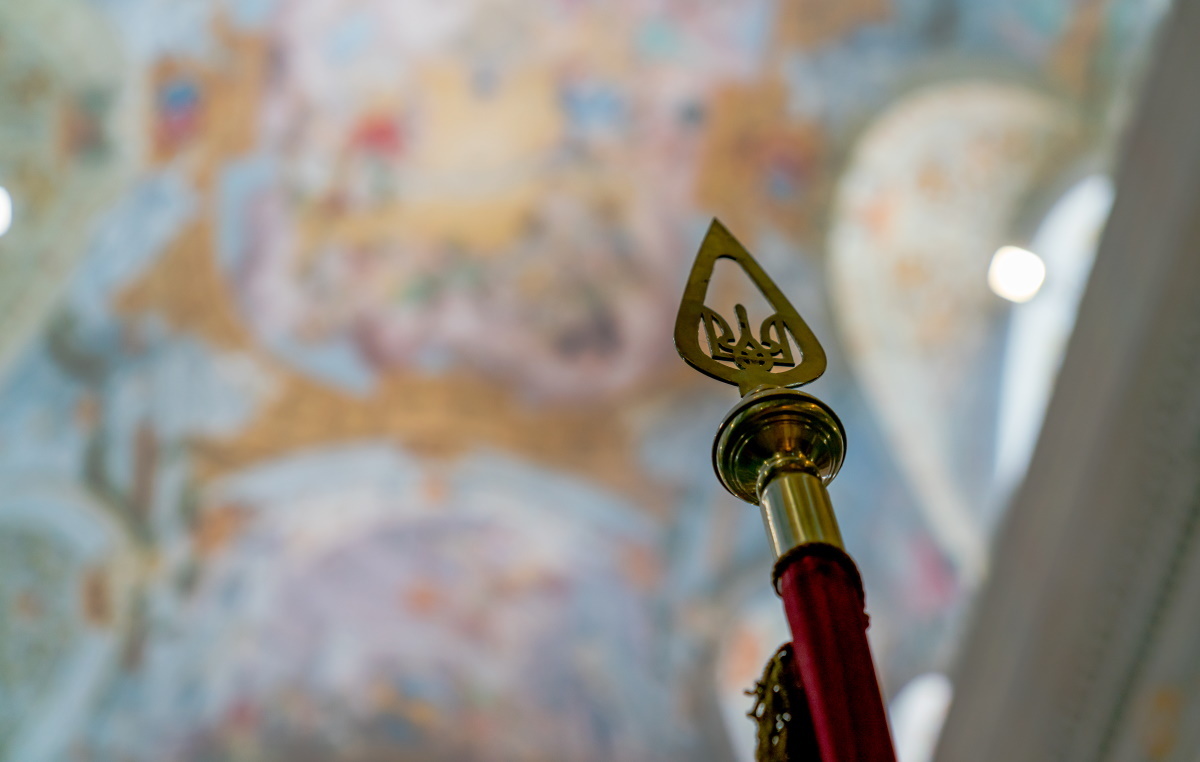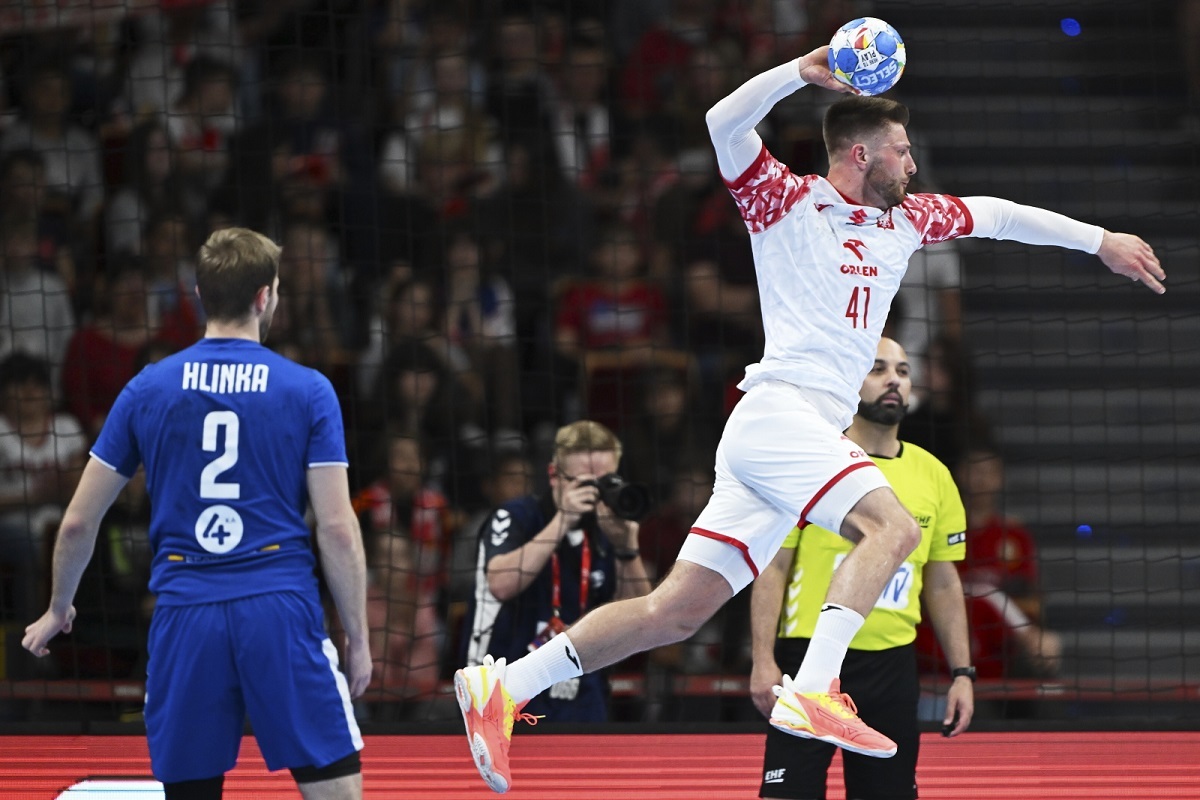Pope Benedict XVI’s pontificate was a time of restoration of the Church’s foundations, correcting erroneous interpretations of several conciliar theses, as well as a lively dialogue about the values on which Europe was built, said the PAP editor-in-chief of the “Idziemy” weekly, Fr. Henryk Zielinsky.
READ ALSO:
Succession to the papacy of John Paul II
Pope Emeritus Benedict XVI died on Saturday at the age of 95.
Fr. Zieliński noted that Benedict XVI’s papacy was “a seamless continuation of that of John Paul II.”
The fact that after the dramatic experiences of World War II a Pole was elected pope, and then a German, is telling.
he judged. He added that it was the papacy that was marked by special kindness towards the Polish people.
According to the editor-in-chief of the weekly “Idziemy”, it is also significant that John Paul II and Benedict XVI participated in the work of the Second Vatican Council.
Benedict XVI’s pontificate was a period of some sort of correction of wrong interpretations of several council texts. It was widely echoed by the declaration “Dominus Iesus”, Card of mana. Joseph Ratzinger, while still prefect of the Congregation for the Doctrine of the Faith, wrote of Christ as the only savior of mankind. This document brings the conciliar interpretation of the “Dogmatic Constitution on the Church” on the right track, in which the Church begins to lose consciousness of the existence of Christian mission in the world.
he explained.
According to Fr. Zieliński, misinterpretation of conciliar documents caused clergy in many countries to lose their priestly identity and to treat the priesthood in a purely functional way.
This has had dire consequences, such as a reduction in the number of vocations to the priesthood, especially in Western Europe. Today, this trend has also reached Poland
she says.
Dialogue about values
He stressed that Benedict XVI’s pontificate was also a period of lively dialogue about the values on which Europe was built.
This resonated especially strongly during the Pope’s second visit to Germany. He later told his compatriots that the Church in Germany was like a perfect car without a powerful engine: the organizational structure was good, but there was a problem with a lack of sensitivity towards God within the Church.
she says.
The priest noted that in this context, Pope Benedict XVI’s encyclical “Deus caritas est” (“God is love”) is very important, showing a very important dimension of God’s love for humanity and interpersonal love.
Benedict XVI’s pontificate was a time of restoring the foundations of the Church from which it grew
he judged.
great theologian
He added that Benedict XVI was above all a great theologian, and his theological thinking was characterized by “great orthodoxy”.
The Pope adheres to the Gospel and the teachings of the Church. His thoughts are expressed in a very concise form, very brief and at the same time rich in sermon content, but also in encyclicals and books containing deep biblical and theological analysis. The best example of this is the three-volume book “Jesus of Nazareth”, which is still included in the strict canon textbooks for theologians.
– said Fr. Zielinski.
Decision to abdicate
He reminded that Pope Benedict XVI, as the first successor of St. Peter had, since the Middle Ages, decided to resign from the papacy, even though as prefect of the Congregation for the Doctrine of the Faith, he had to advise John Paul II against taking such a step.
When John Paul II started thinking about the possibility of abdication, Card said. Ratzinger that the Church has, because of his health, half pope. Ratzinger allegedly replied that “the Church is better off having half a pope than one and a half.”
– she says.
Fr. Zieliński notes that Benedict XVI tried to explain his decision, among other things, in a recent book, based on a conversation with Peter Seewald.
He said that until the Second Vatican Council, it was practically inconceivable that a bishop could retire, and since now bishops can do it, by analogy, so can the bishop of Rome.
– she says.
This is a kind of experiment in the Church, which introduces something new. Pope Francis, answering questions about his possible resignation, pointed out that if it did, it would look a little different. The Pope announced that in such cases he would not use white robes or the title of Holy Father
he explained.
According to Fr. Zieliński, this situation often creates awkward situations when Benedict XVI’s voice is used in polemics with Pope Francis.
This is undoubtedly a difficult test for the Church. What effect this will ultimately have is still unknown. There is no doubt, however, that were it not for Benedict XVI’s resignation from office, there would not have been a pontificate of Pope Francis, which turns out to be relevant to the problems and challenges of our time.
he judged.
time/PAP

“Reader. Future teen idol. Falls down a lot. Amateur communicator. Incurable student.”





